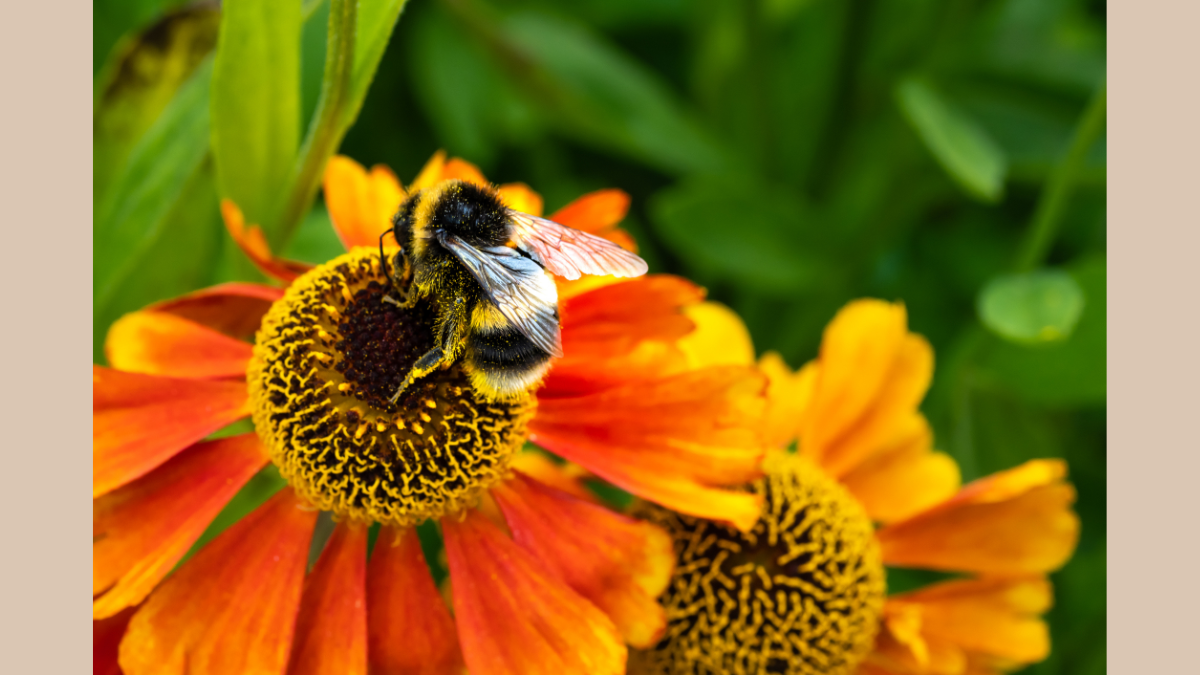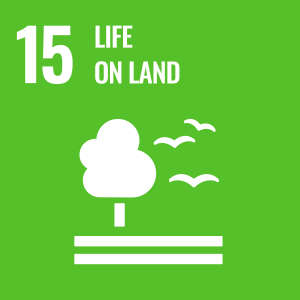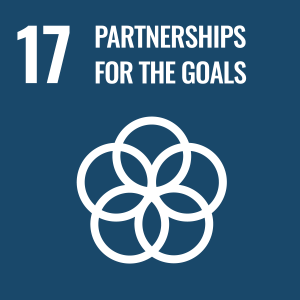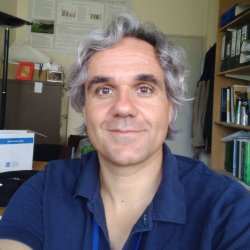Expert comment: Supporting bees and the pollinators in our gardens
Will Wilkinson, lecturer at the University of Surrey and lead of The Beekeeping Project, and Dr Jorge Gutierrez Merino, senior lecturer at the University of Surrey, share advice on how to support bees and the pollinators in our gardens.

· Despite the importance of honeybees for pollination, it’s important to recognise them as “kept species”, and needn’t be the focus of conservation efforts. Many other pollinators and species vital to the food web, often less conspicuous, are more vulnerable and require our attention.
· Plant native species and heritage varieties of plants in your garden, as not all modern varieties produce pollen and nectar in quantities needed by pollinators need.
· Aim to have different species of plants flowering across the seasons, including trees, to maintain availability of food sources.
· Having a “rough patch”, a pile of old sticks or an unkempt corner of the garden where it’s left to overgrow, allowing moisture retention to create a humid microclimate which is good for a variety of invertebrates.
· You may also want to consider #NoMowMay and avoid mowing the lawn for the whole of May, allowing for native plants and insects to thrive.
· If you have a pet on regular flea or worm treatments, talk with your vet about whether you can move to a risk-based approach, where you treat when needed, rather than through monthly prophylaxis, as residues from spot-on treatments have been found in UK habitats, affecting invertebrate survival.
On The Beekeeping Project:
The Beekeeping Project, led by Will Wilkinson and funded by the Student-Staff Partnership Project and Forever Surrey, has provided the opportunity for Surrey’s community to be part of a new initiative that supports student experience, mental health, broader learning opportunities and skills development, whilst learning about beekeeping and the environment.
The initiative has also led to interdisciplinary research collaborations across the Schools of Veterinary Medicine and Biosciences. Access to beehives on campus and elsewhere allowed PhD student Kerry Barnard to collect honey samples and carry out different experimental studies, including a study on the characterisation of the beehive microbiome as an indicator of honeybees’ health.
The beehive microbiome is currently being investigated by Dr Jorge Gutierrez-Merino, who is looking to find out how the presence and abundance of certain bacterial communities correlate with health and disease in bees and other pollinators.
Thanks to this project, students, academics and university staff members have been able to participate in many aspects revolving around beekeeping, through workshops and teaching materials. Furthermore, it has generated practical experiences, discussions, teamwork and shared knowledge in the context of bees, gardens and nature.
Through honeybees we are better understanding the importance of all types of bees in biodiversity, ecology and sustainability which are central to Surrey’s ethos.
Related sustainable development goals





Featured Academics
Media Contacts
External Communications and PR team
Phone: +44 (0)1483 684380 / 688914 / 684378
Email: mediarelations@surrey.ac.uk
Out of hours: +44 (0)7773 479911

